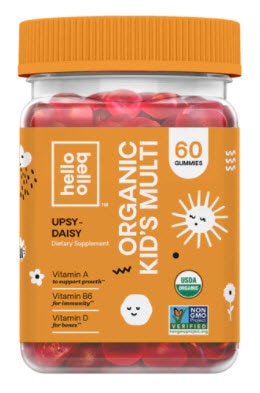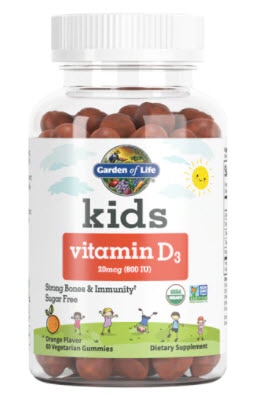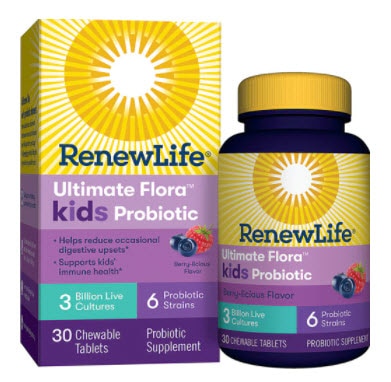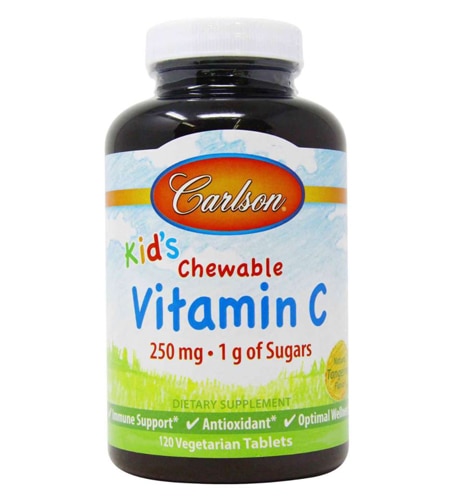As parents, we want our kids to grow up healthy, with confidence in their own voice, with lots of resilience and respect for others, and kinship with the world around them. Children come in as relatively blank slates. If we coddle them, they learn only to trust in their own incompetence. If we give them the tools to problem solve, they trust in their own capacity. A child who is nurtured to believe in him or herself and is positively reinforced for their efforts will most likely have a strong sense of their own capability to make good choices. This is especially true when it comes to health.

Beginning around age 10 is the perfect time to begin having conversations with your child about making healthy choices. As they form closer relationships with their peers and develop their own identities, you can start to encourage them to protect their own health. A 2016 study by the University of North Carolina concluded that kids who believe their health is controlled by adults or by chance may not develop the confidence they need to manage their health as adults.
When it comes to health-related behaviors, the choices kids make now will become the routines and habits they take with them into adulthood. That includes decisions about diet, exercise, injury prevention, substance use, and mental health. Here are eight tips to empower your children to care for their own health.
Tips for Empowering Kids
Model your own empowerment
As the psychiatrist and psychoanalyst Carl Jung said, “The greatest burden a child must bear is the unlived life of the parents.” Whatever is unliving in you will be absorbed and reflected by your kids. Are you taking care of your own health?
Exercising for the joy of it and eating fresh, vibrant meals? It can’t be a case of “do as I say, not as I do” with kids. Your actions won’t have weight and your message too confusing to be effective.
Remind them they have a voice
Acknowledge that early adolescence and the teenage years can be really hard on kids. Remind them that everyone struggles sometimes. Listen to them without judgement. Let them feel heard. If they struggle, make sure they have people they can turn to for support, whether that’s a parent or other family member, a teacher or school counselor, or a friend or therapist.
Give your child choice
From a young age, encourage your child to make decisions that directly relate to them. For example, allow your child to choose between
cereal or toast for breakfast; whether they want to walk or bike, what clothes they want to wear. Choosing their own outfits is great practice for larger life dilemmas. Choice and voice pair together. Allowing your child abundant choice gives them a voice in their daily life and their growing identity. If they are faced with a health crisis, give them choices in how they might approach it.
Help your child identify their strengths
Ask them what they like about themselves. Make sure they identify qualities that reflect their personality and skills and passions. If children feel comfortable in their own skin, it will exert a huge influence in how they care for themselves and their health.
Encourage problem solving
Oftentimes when parents are in a hurry, they find it easier to do the task for their child. When this happens, children aren’t taught to think independently, problem solve or assess what their needs are. Far better to first ask yourself if this is a task they can realistically accomplish on their own. If it is, encourage them to tackle it first by encouraging them to try to figure it out. if for example, your kid wants to get in shape for a certain sport, ask them what they think would be the best way to train. Reassure them they can bounce ideas off you but give them the reins.
Praise independence
Encourage your children to be independent. Teach them
how to prepare their own meals, snack and school lunches. Bring them food shopping with you and encourage them to choose items they want to try. Autonomy is a cornerstone of self-esteem in both children and adults. It includes encouraging them to take risks and learn from their mistakes.
Teach healthy self-talk
It’s important for children to learn
how to speak to themselves with compassion. When your child says things that are exaggeratedly negative, such as, “I’ll never be a good at basketball,” help them see that their self-perception isn’t necessarily true. Ask a question like, “What’s another way to look at the situation?” Or how might you go about improving? With a little help from you, they might be able to remind themselves that with practice, they can make undeniable progress
Set goals together
It’s healthy for kids to constantly
work toward new goals. Goals can include anything from, “I want to eat better,” to “I want to make new friends at school.” Help your child identify healthy goals that are challenging but achievable. If your child sets too extreme a goal, they might set themselves up for failure. On the flip side, if their goals are too easy, they won’t be making strides toward their objective.
Featured products:



 Beginning around age 10 is the perfect time to begin having conversations with your child about making healthy choices. As they form closer relationships with their peers and develop their own identities, you can start to encourage them to protect their own health. A 2016 study by the University of North Carolina concluded that kids who believe their health is controlled by adults or by chance may not develop the confidence they need to manage their health as adults.
When it comes to health-related behaviors, the choices kids make now will become the routines and habits they take with them into adulthood. That includes decisions about diet, exercise, injury prevention, substance use, and mental health. Here are eight tips to empower your children to care for their own health.
Beginning around age 10 is the perfect time to begin having conversations with your child about making healthy choices. As they form closer relationships with their peers and develop their own identities, you can start to encourage them to protect their own health. A 2016 study by the University of North Carolina concluded that kids who believe their health is controlled by adults or by chance may not develop the confidence they need to manage their health as adults.
When it comes to health-related behaviors, the choices kids make now will become the routines and habits they take with them into adulthood. That includes decisions about diet, exercise, injury prevention, substance use, and mental health. Here are eight tips to empower your children to care for their own health.






